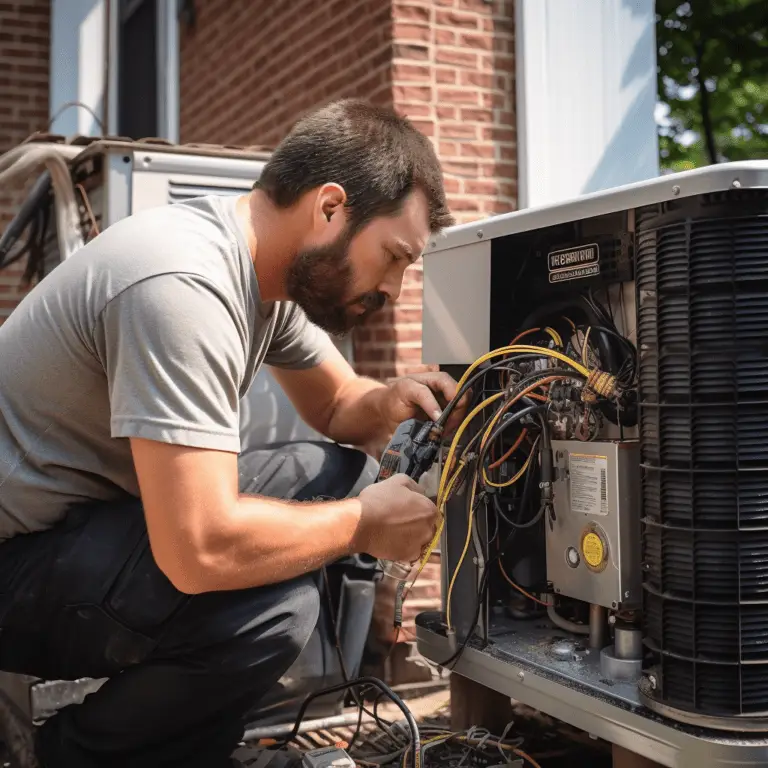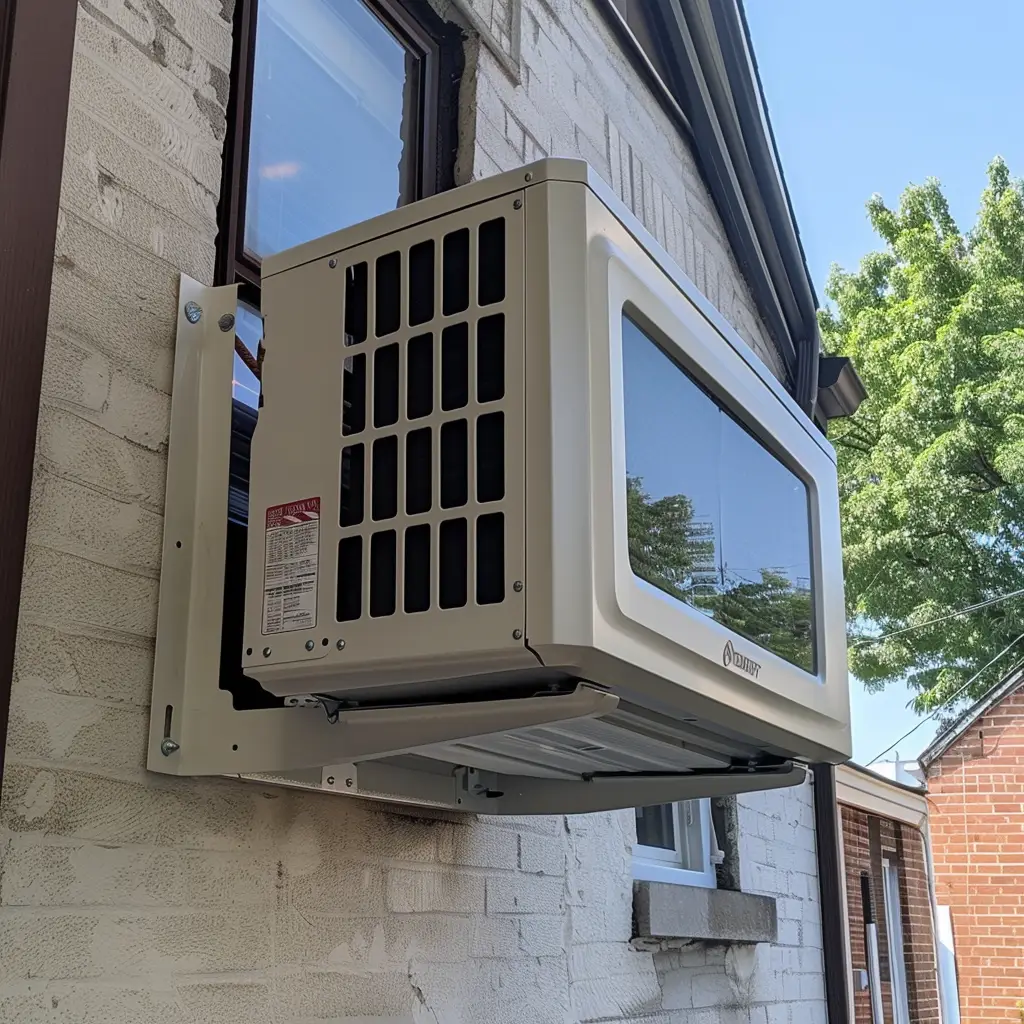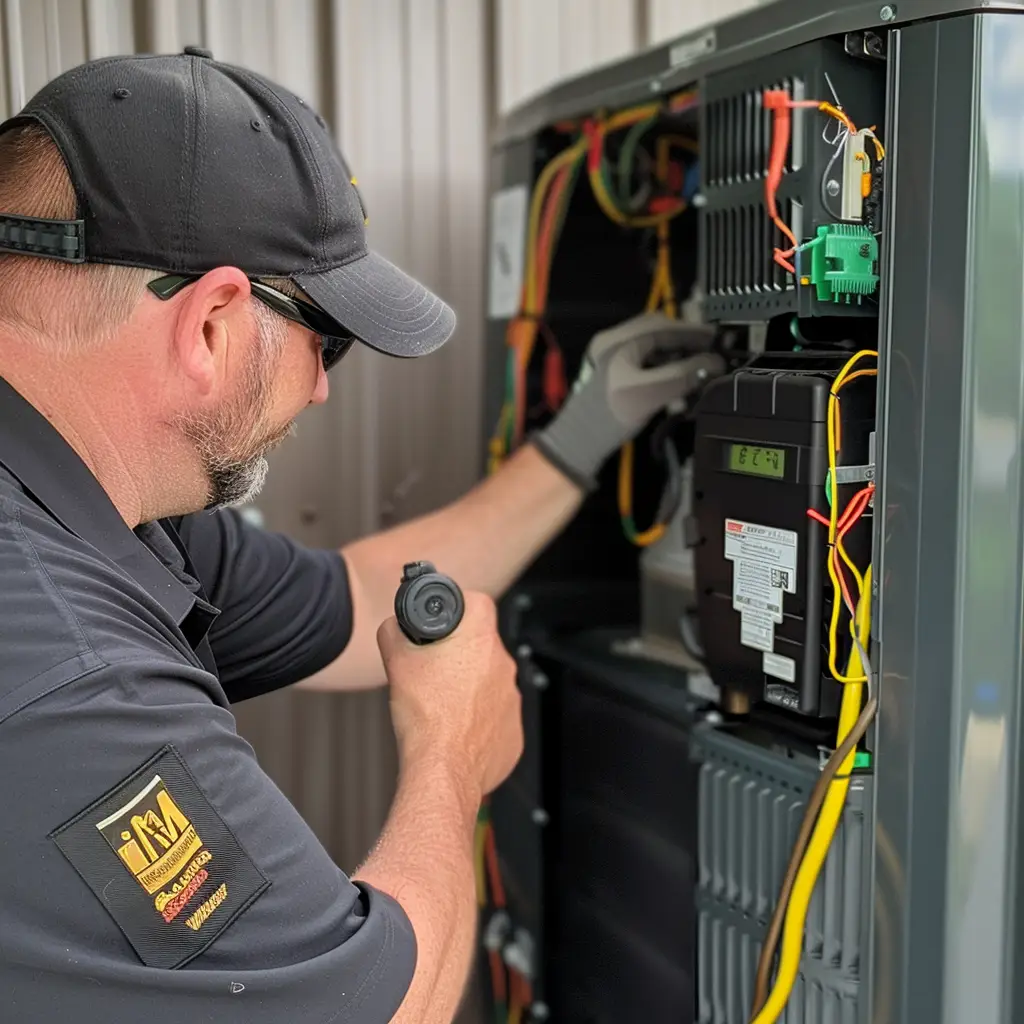As summer approaches, the last thing you want is an AC unit that’s not up to the task of keeping your home cool and comfortable. Knowing when it’s time for a replacement can be tricky, but there are some telltale signs that indicate it’s time to upgrade your air conditioner. In this article, we will discuss the lifespan of an AC unit, the signs that it’s time for a replacement, and the benefits of upgrading to a new, energy-efficient system.
Understanding the Lifespan of an AC Unit
The average lifespan of an AC unit is around 10-15 years, but this can vary depending on factors like usage, maintenance, and the quality of the unit itself. To keep your air conditioner running efficiently and extend its life, it’s essential to perform regular maintenance and have it serviced by a professional technician.
Signs You Need to Replace Your AC Unit
If you’re noticing any of the following signs, it might be time to consider replacing your air conditioner:
Increased Energy Bills
One of the first signs that your AC unit might need replacing is a sudden increase in energy bills. As an air conditioner ages, it loses efficiency, and more energy is required to maintain the same level of cooling.
Inconsistent Cooling
If some rooms in your home are cooler than others or if the air conditioner struggles to maintain a consistent temperature, it could be a sign that your system is not working efficiently and may need to be replaced.
Frequent Repairs
If your AC unit requires frequent repairs or has recurring issues, it might be more cost-effective to replace the unit rather than continue to invest in repairs.
Age of the Unit
As mentioned earlier, the average lifespan of an AC unit is 10-15 years. If your air conditioner is approaching or has surpassed this age, it’s a good idea to start considering a replacement.
R-22 Refrigerant Use
If your AC unit uses R-22 refrigerant, also known as Freon, it’s time to consider replacing it. This refrigerant is being phased out due to its negative environmental impact, and the cost of servicing units that use R-22 will continue to increase.
Strange Noises and Odors
Odd noises or unpleasant smells coming from your AC unit can indicate a problem that may require replacement. Grinding, squealing, or rattling noises might be a sign of a failing motor, while musty or burning odors could indicate mold or an electrical issue.
Poor Air Quality
An aging AC unit may struggle to properly filter the air, leading to increased dust and allergens in your home. If you notice a decline in your home’s air quality, it might be time to consider a replacement.
Increased Humidity Levels
A properly functioning AC unit should help maintain comfortable humidity levels in your home. If you’re experiencing increased humidity despite running your air conditioner, it could be a sign that the unit is no longer able to effectively manage humidity and may need replacing.
Leaking and Excess Moisture
Leaks or excess moisture around your AC unit could indicate a serious problem that requires immediate attention. It might be a sign of a refrigerant leak or an issue with the unit’s condensate drain, both of which could warrant a replacement.
Outdated Technology
Older AC units may lack the energy-saving features and smart technology found in newer models. Upgrading to a modern air conditioner can provide improved efficiency, connectivity, and convenience.
Benefits of Replacing Your AC Unit
There are several advantages to upgrading your AC unit, including:
Improved Efficiency
Newer air conditioning systems are designed with energy efficiency in mind, which means they’ll require less energy to cool your home, resulting in lower energy bills.
Lower Energy Bills
As mentioned earlier, improved efficiency translates to lower energy bills, saving you money in the long run.
Better Indoor Air Quality
New AC units come equipped with advanced air filtration systems that can effectively remove allergens, dust, and pollutants from your home, leading to better air quality.
Increased Home Comfort
A new, properly sized AC unit will be better equipped to maintain a consistent temperature and humidity level throughout your home, increasing overall comfort.
Environmentally Friendly
Modern air conditioners use environmentally friendly refrigerants and are more energy-efficient, reducing your home’s carbon footprint.
Trust AirPoint for Your AC Unit Replacement Needs
In conclusion, being aware of the signs that your AC unit needs replacement is crucial to maintaining a comfortable and energy-efficient home. If you’re experiencing any of the issues mentioned above, it might be time to consider an upgrade. Replacing your old air conditioner with a newer, more efficient model can improve your home’s comfort, air quality, and energy efficiency while reducing your environmental impact. Trust AirPoint, a Carrier factory authorized dealer and NATE certified company in Toronto, to help you with your AC replacement needs. As the HomeStars Best of the Best 2023 winner with 5 stars on Google and HomeStars, you can be confident in our commitment to quality and customer satisfaction. All our technicians are fully certified by TSSA, HRAI, and CSA, ensuring the job is done correctly and safely.
Frequently Asked Questions About AC Replacement
How often should I replace my AC unit?
- Typically, an AC unit should be replaced every 10-15 years, but this can vary depending on factors such as usage, maintenance, and the quality of the unit itself.
What is the most energy-efficient AC unit?
The most energy-efficient AC units are those with a high Seasonal Energy Efficiency Ratio (SEER) rating. Look for a unit with a SEER rating of 16 or higher for the best efficiency.
How much does it cost to replace an AC unit?
The cost of replacing an AC unit can vary widely depending on the size of your home, the type of system you choose, and installation costs. On average, expect to pay between $3,000 and $7,000 for a new AC unit and installation.
Can I replace my AC unit myself?
Replacing an AC unit is a complex process that requires specialized knowledge and tools. It's recommended to hire a professional HVAC technician to ensure the job is done correctly and safely.
How do I choose the right size AC unit for my home?
The best way to determine the appropriate size for your AC unit is to have a professional HVAC technician perform a load calculation, which takes into account factors such as your home's size, insulation, and climate.
To learn more about when your AC or furnace should be replaced, watch this video by Word of Advice TV





